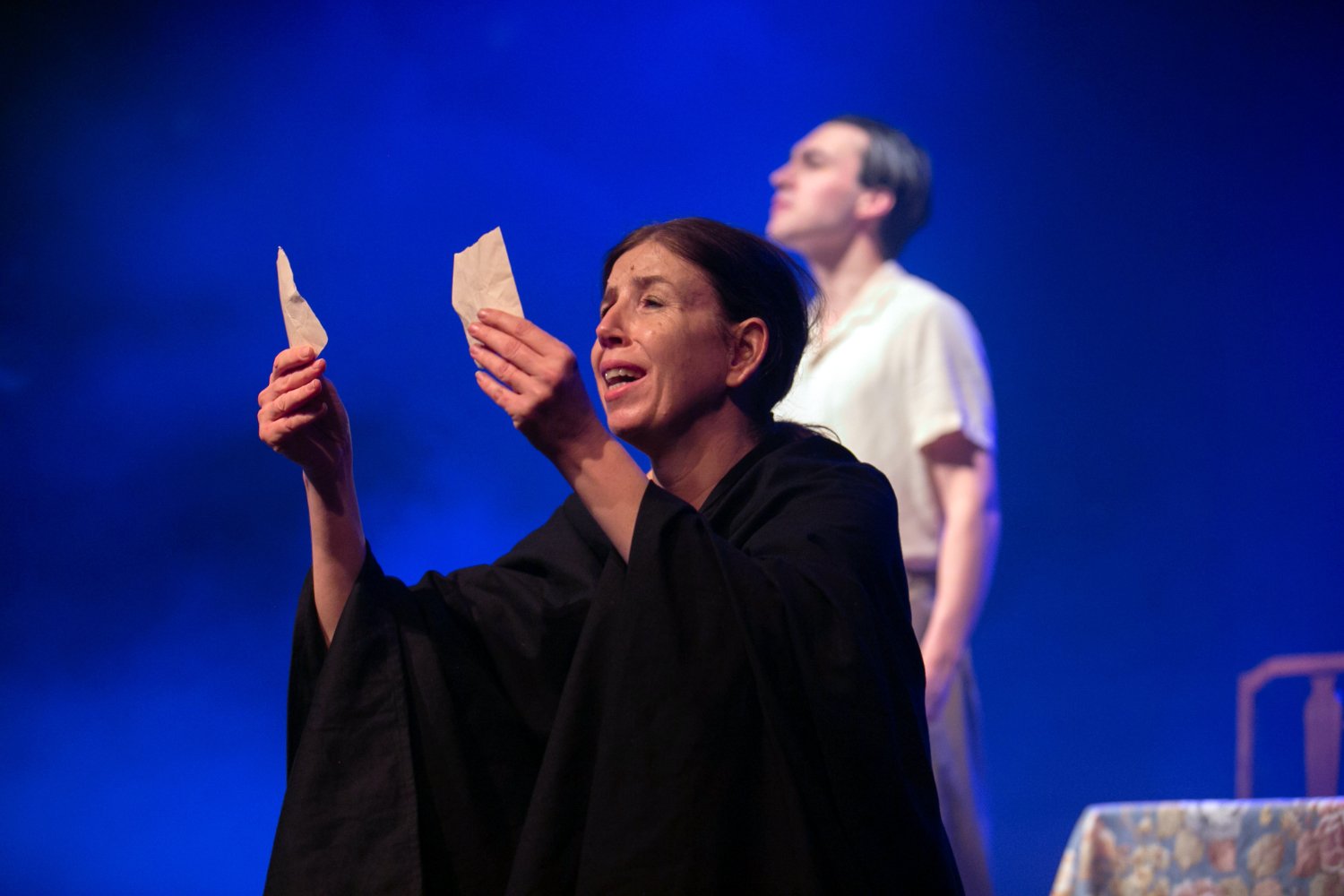Dina Ibrahim’s very personal family drama takes its audience on a journey to explore a history unfamiliar to many of us
Despite a long history of living in relative peace with their neighbours, I have to admit that my first recollections of hearing about the Jews of Baghdad was when I read about the shocking fate of nine of them, hanged in public, along with three Muslims and two Christians, all accused and found guilty of spying for Israel. This was in 1969, by coincidence on 27 January, now Holocaust Memorial Day. The background to the hangings was unrest and coups in the aftermath of the 1967 Six-Day War, in which Israel struck back against the surrounding Arab nations bent on invading.
Yet by World War I they were one third of the population of Baghdad, a respected integrated community including doctors, scientists, engineers and high-powered businessmen. It took a dangerous turn of events in 1941, when a Nazi-sympathising fascist regime took power in Iraq during World War II, and though it was short-lived, it was the start of a long sporadic exodus of Jews from Iraq.
The action of Dina Ibrahim’s play begins in1948, when religious persecution had taken a hold that truly threatened Baghdadi Jews. What makes the drama especially moving and personal is that it tells the story her own grandmother, a role she plays with insight, empathy and love. The play is based on the memoir written by her father entitled Um-Kamal, a name meaning ‘mother of Kamal’ in Arabic that is also given to the grandmother character.
Kamal is the firstborn of the two sons Um-Kamal adores, first seen as a babe in a basket cradle that she rocks as she listens to the news on the radio that dominates the living room table. The boys themselves first appear as children, played by two young men (Mirdrit Zhinipotoku as Kamal and Jojo Rosales as Sasson), who clearly relish the chance to play little boys and to share their squabbles and joshing affection with the audience.
The harsh realities of the threat to their working-class, apparently stable life in the slums of Baghdad, becomes gradually more apparent as they grow to young manhood so that their mother comes to dread every knock on the door. For Kamal, and Sasson come under suspicion of being members of the outlawed Communist Party and are arrested by the secret police and imprisoned, though their fortunes diverge as one is released while the other remains imprisoned.
The second act finds the brothers in exile on different continents. The painful reasons and consequences of just how and why their initial fates were so different, are explored from the vantage point of the years that have passed.
How just five actors conjure a whole cast of characters is a marvel, especially as Ibrahim plays only her grandmother and Zhinipotoku only Kamal, which means Nalan Burgess plays at least a dozen female characters and Manav Chaudhuri eight male roles, ranging from husband and father Abu-Kamal to Police Officer, and even Rosales takes on three roles.
The head of tension and suspense they work up grips throughout, vividly underscored by Jon Kudlick’s music and tightly directed by Stephen Freeman. Alice Nicholas’s costumes play their part in evoking the atmosphere of Baghdad in a drama that will undoubtedly be an eye opener for most of its audience.
By Judi Herman
Photos by Gary Manhine
The Mother of Kamal runs until Sunday 28 January. 7.30pm. £19, £17 concs. Upstairs at the Gatehouse, N6 4BD. upstairsatthegatehouse.com




